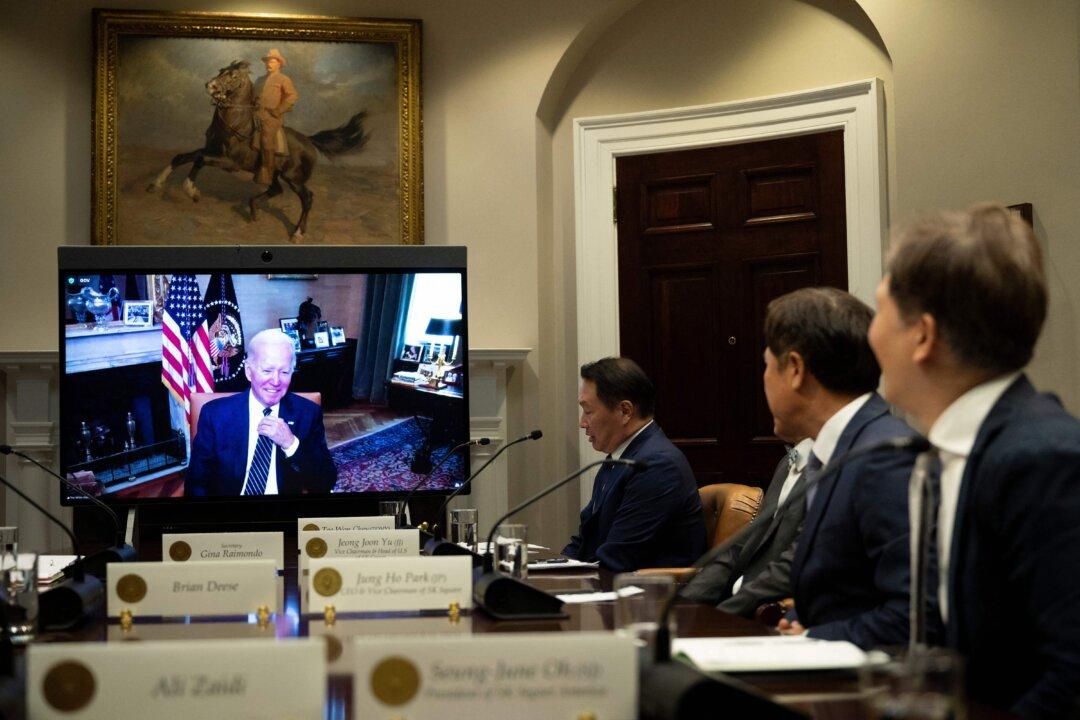South Korea, a leader in the global semiconductor chip industry, now faces the dilemma of choosing sides in the U.S.-China semiconductor chip war. South Korea has been invited by the United States to join the Chip 4 alliance with the United States, Japan, and Taiwan, explicitly to counter China’s dominance in the global chip industry.
Semiconductors play a critical role in many key industries including automobiles, electric appliances, healthcare, military systems, and computing. It is so important—both economically and strategically—that the Japanese and South Korean governments compare it to rice.





